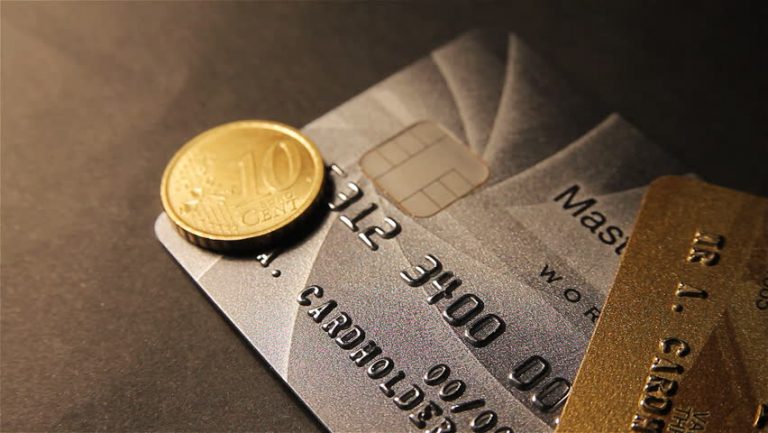Why Current Creditors Check Your Credit
The accounts on your credit reports for the most part are firmly divided into two categories – installment debt and revolving debt. Yes, there may be some items on your credit reports which fall outside of these two categories such as judgments, tax liens, collection accounts, etc. Still, for the most part the accounts you apply to open will be classified as either installment or revolving.
Installment Accounts
Mortgages, auto loans, personal loans, and student loans all fall into the category of installment debt. Installment debts are structured to be paid back over a specific period of time. Monthly payments and interest rates on installment loans are generally fixed and remain the same over the life of the loan. Installment loans are also typically designed so that funds are distributed one single time whenever the loan is taken out initially.
Revolving Accounts
Credit cards are the most common example of revolving debt, though HELOCs (home equity lines of credit) and a few others may fall into the revolving account category as well. Your balances, monthly payments, and interest rates all may be subject to change or “revolve” over time on these types of accounts. Additionally, instead of borrowing one single time as is the case with an installment account, credit card accounts are designed so that you can borrow funds again and again, provided that you make timely monthly payments, do not exceed your credit limits, and adhere to the terms of your credit card agreements.
Why Current Credit Card Issuers Continue to Check Your Credit
With installment loans a lender will generally check your credit report(s) and score(s) one single time during your application for a loan. (Note: sometimes mortgage lenders will check your credit reports and scores again prior to closing, but once your loan has been issued they do not continue to monitor your credit any longer.) Credit card issuers, however, operate quite differently.
Whether you realize it or not, your credit card issuer is probably checking at least one of your credit reports and scores perhaps as frequently as every month. This practice is known as account management. The reason your credit card issuers will routinely check your credit has already been mentioned above – they are continuing to loan you money over and over again. Since credit card issuers do not simply loan you money one single time they must be able to keep an eye on your credit in order to be sure that your credit risk remains the same.
What Credit Card Issuers Do with Your Credit Information
Account management creditors check are designed to monitor your level of credit risk since that risk may be subject to change over time. For example, if you were to lose your job or begin to overextend yourself financially eventually your credit score may drop if you reach a point where you can no longer afford keep up with your monthly payment obligations. If your credit score drops then, at least in the eyes of the lender, you may no longer be the same customer that your credit card issuer decided to loan money all those years ago.
If your credit score drops enough to cause alarm your credit card issuer may decide to change the terms of your relationship. Your card issuer might lower your credit limit or raise your interest rate on future purchases. In fact, if the condition of your credit worsens significantly a credit card issuer might decide that it no longer wishes to have you as a customer at all, closing your account and preventing you from making any future purchases on the card. This can be true even if you have never made a single late payment to your credit card issuer, but are only struggling with your other credit obligations.







